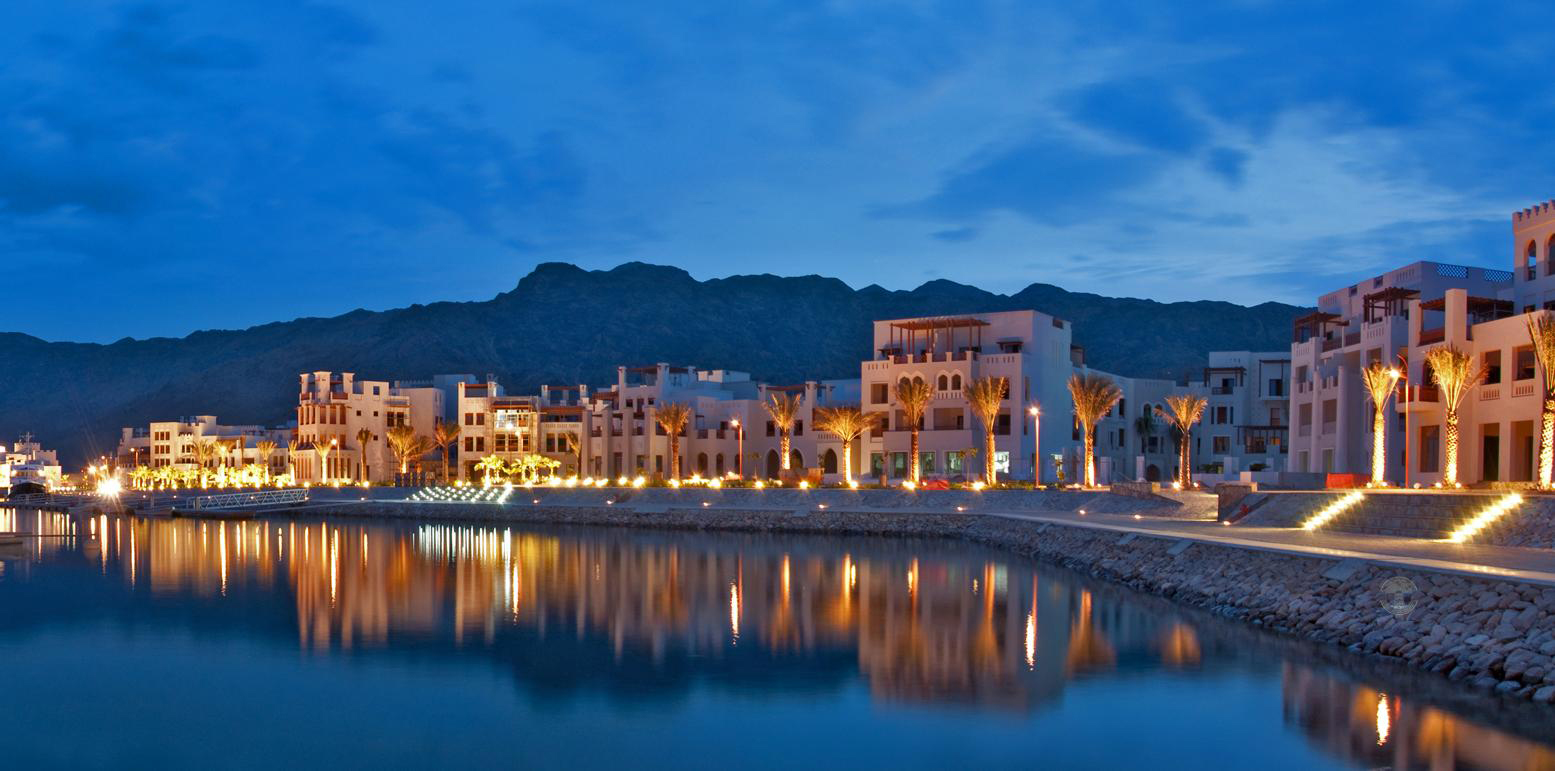
Privatisation of cash draining government agencies and services will lead to cost savings and greater attention to customer satisfaction, at a time the Ministry of Finance is struggling to balance the nation’s budget.
Last week, the Majlis Al Shura recommended merging civil ministries and their agencies,in a bid to trim the size of the government,though concerns were voiced that this wouldresult in mass unemployment. There are over 40 public organisations and agencies that are duplicating services and employing more than 20,000 people. But selling off these agencies to the private sector will not only streamline the government, but save thousands of jobs. It will also stimulate the growth of the private companies.
Also, there is a second advantage. The shift from the public to private management will reduce monopolies and open up competition to produce an array of improvements. Without a doubt, there are too many public authorities, advisory bodies, committees and agencies that do very little. Perks and generous allowances, such as cars, petrol, expensive maintenance of buildings and travel expenses, will be saved.
Yet, privatising should not be seen as just a political ideology, but also as an economical advantage for it to have profound benefits. The wheel of decision-making must roll faster, too. In the past, such decisions took too long to finalize, under the guise of performing a ‘feasibility study’ that went nowhere. Nothing else but a genuine commitment and the willingness to relinquish control will work this time. Thisconcernscreating a standard of good management and reducing wastefulness. It also about accountability, especially regarding the abuse of power and squandering money. At the moment, some government-managed organisations are above scrutiny, and the way officials run the day to day operationsis opaque.
With a range of diversity of what can be privatised at the government’s disposal, offloading public assets to the private sector should not be uniform. The fundamentals that serve each privatisation should be different. The only common ground is to save costs on the government point of view and increase efficiencies. Critics would say that the quality of services of the privatised organisations would suffer. That should not be so, if the government proceeds with a set of standards that are recognised internationally. Inviting bids from international companies with experience to own and manage public utilities is one way of assuring this.
The privatisation of public services is not new in Oman. In the 1990s, the government successfully sold off electricity generation to the private sector, and all the investors were foreign companies. Since then, this privatisation has saved the government hundreds of millions of rials in electricity generation. Two decades later, these companies have given no reasons for the government to reverse its decisions. Yet, the practice has never been repeated or any attempt made since then, despite the success. One reason could be that the government does not want to lose control by selling off its most prized assets.
The other reason could be that the government feels privatisation could push prices up and beyond the affordability of citizens, once assets are in private ownership. However, this is not true anymore. The government has already removed subsidies on petrol, and it is now one-third more expensive than earlier. But the benefits of removing subsidies is one-sided. Only the government saves money,while the private sector gets nothing out of it. With privatisation, both the public sector and private companies receive the benefits... not to mention keeping employment intact.
Simply downsizing government offices, without considering the welfare of its workers, as Majlis Al Shura recommends, would not make economic sense. Privatisation is a clear cut answer, from postal services, transportation and utility services, such as electricity and water, to sport facilities. It will create long-term economic benefits in earnings, productivity and sustain the level of job creation. Most importantly, it will reduce corruption because there will be fewer government contracts, with more private companies competing with each other.